South Africa
One year into the COVID-19 pandemic, the world has seen death, economic hardship and anxiety on an unprecedented scale.
But this tapestry of suffering is threaded through with self-sacrifice, courage and a gritty determination to persevere.
In places around the globe, people are reinventing themselves, helping others and even going back to square one in their careers, while never giving up.
When Sandile Cele had to register for a PhD at the University of Kwazulu-Natal, the global pandemic made it easy for him to decide on a research topic.
His research then became world news.
Cele, who has a masters in biochemistry, was hired by the Africa Health Research Institute in Durban to do research on the HIV evolution of drug resistance.
But when COVID-19 struck the world, the institute shifted its focus on the coronavirus.
In December last year, the AHRI team was involved in the discovery of the new variant 501Y.V2, globally known as the South African variant.
Cele, 33, figured out how to grow the variant in the laboratory, which enabled the lab to test it for further research.
He managed to "outgrow" the virus from swabs from infected people.
With those tests, the lab found out that people previously infected with COVID-19 wouldn't have produced the antibodies for the new variant.
Some institutes around the world have now requested samples to do their own research.
Cele says it is every graduate student's dream "to have a project for your PhD that's going to have so much impact in the world".




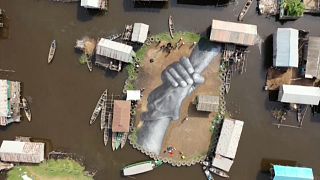
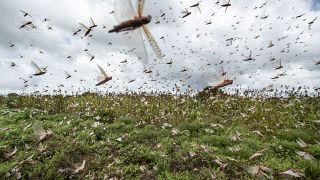
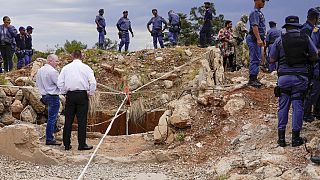
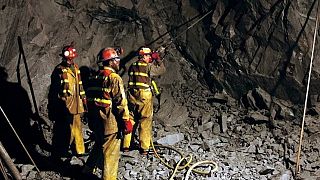
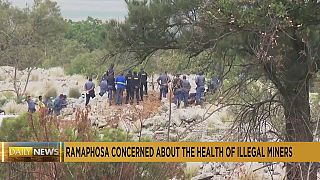



01:28
Mpox is not the new COVID - WHO
Go to video
Mpox: Understanding the global emergency and the risks ahead
00:59
Vaccines to combat Mpox outbreak may delay for months
01:18
Rwanda spearheading Africa's surgical revolution
01:10
Cameroon reintroduces measures to curb COVID-19 resurgence
01:25
Past COVID infections may help protect against certain colds - Study